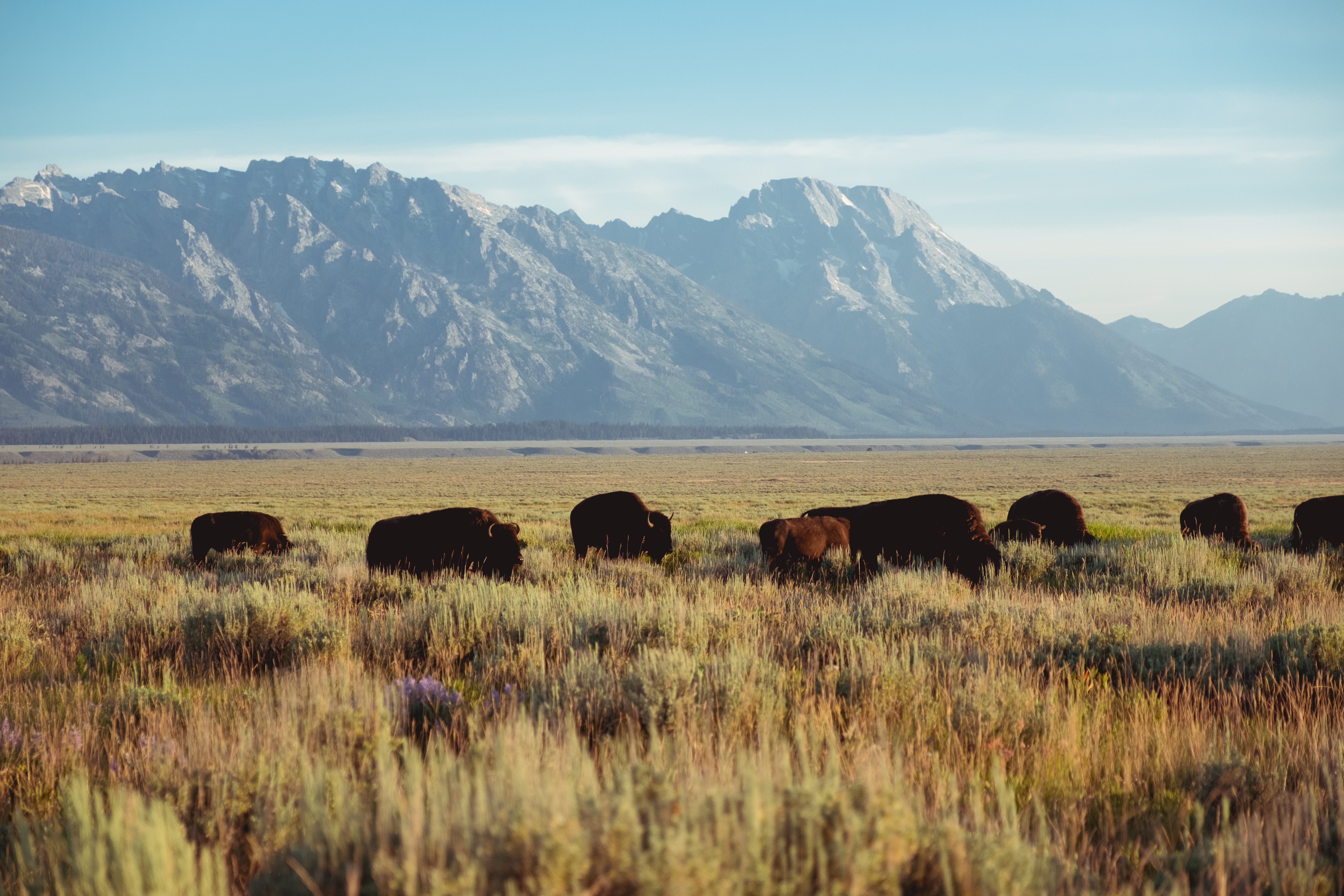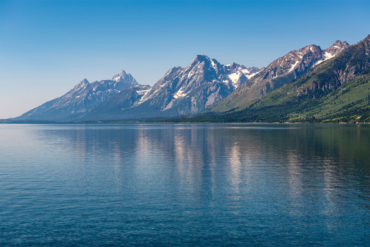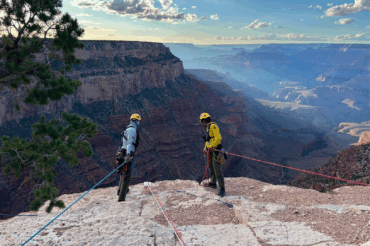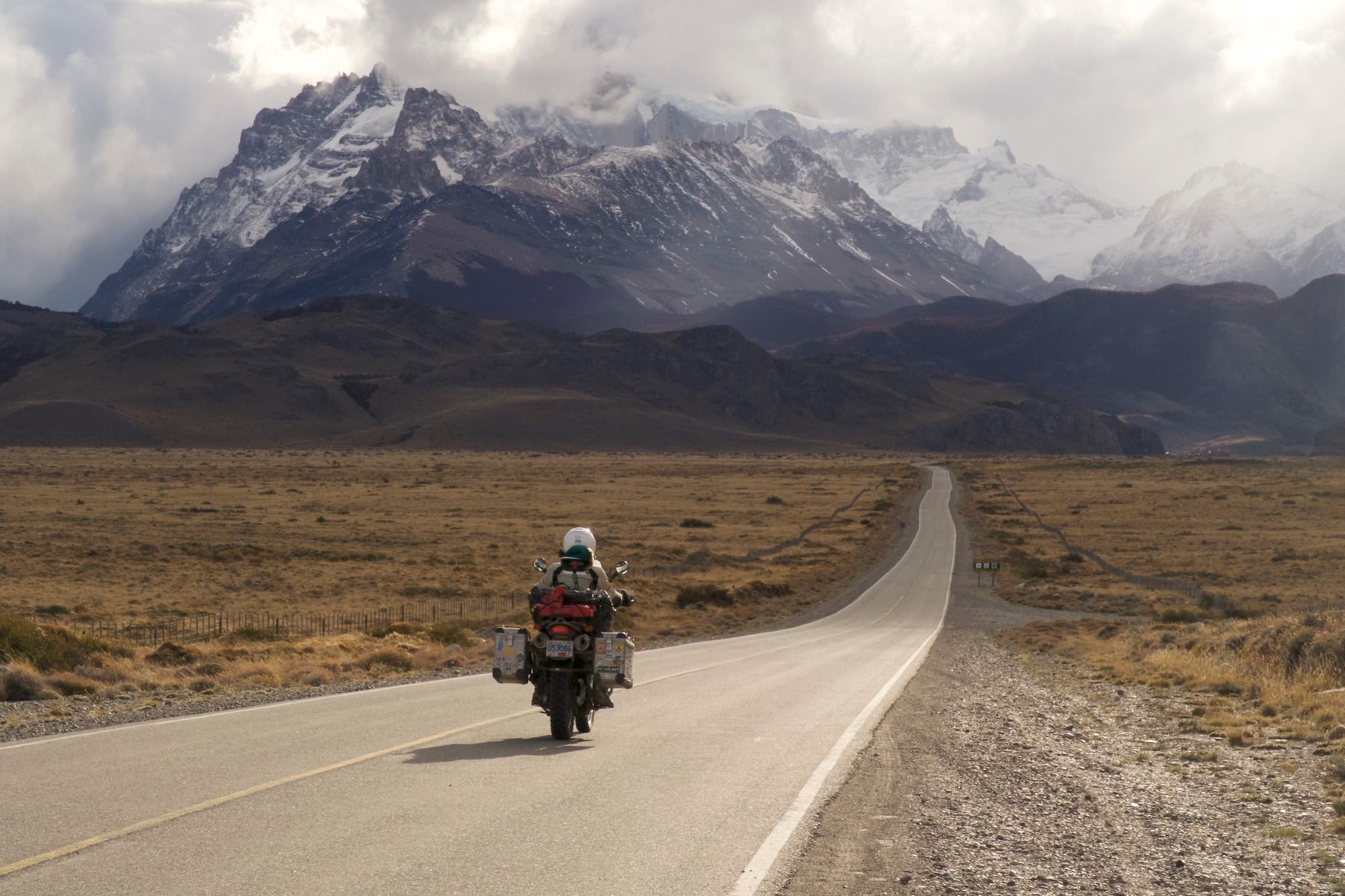The LWCF has protected public lands since 1964. Now, the fund will expire without reauthorization.
Outdoor enthusiasts have hailed the Land and Water Conservation Fund for preserving some of America’s most iconic public land. The fund protects and increases access to public lands. Without reauthorization, it will expire at the end of 2018.
This September, the House Committee on Natural Resources voted unanimously to pass Bill H.R. 502, which reauthorized the LWCF. But on December 19, 2018, Congress chose to not advance bill H.R. 502.
“Permanently reauthorizing the Land and Water Conservation Fund should have been an easy win for lawmakers of both parties,” said Whit Fosburgh, president and CEO of the Theodore Roosevelt Conservation Partnership. “We still have 9.5 million acres of landlocked public lands in the West, and the task of conserving important fish and wildlife habitats is no less critical, but we no longer have at our disposal the best tool to address these issues.”
Land and Water Conservation Fund Not Reauthorized
If passed, the LWCF would have a yearly budget cap of $900 million for conservation projects. Since the fund’s inception in 1964, more than $4 billion has been provided to federal, state, and local governments to fulfill the LWCF’s purpose.
Funds for the LWCF don’t come from taxpayer money, but instead from companies drilling offshore for oil.
Some notable projects include work on the Appalachian Trail, Antelope Flats in Grand Teton National Park, the Cache Creek Project in California, Montana’s Smith River, and Colorado’s Baca National Wildlife Refuge.
In spite of Congress’ decision with the bill, the Theodore Roosevelt Conservation Partnership remains hopeful.
“If our Congressional leaders take seriously the priorities of sportsmen and women, this lands package should be high on their agenda when they begin work in 2019,” said Fosburgh. “We hope that the next Congress will honor the collaboration and effort that went into this deal by considering and voting on these bills when they convene in early January.”







